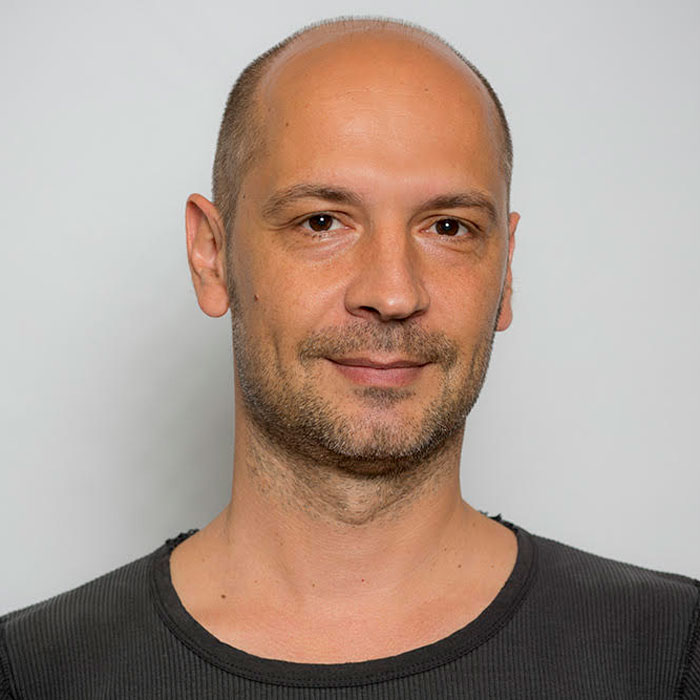Alexander Fleischmann, PhD is Associate Professor of Neuroscience at Brown University. He was previously a Principal Investigator at Collège de France, in Paris. Dr. Fleischmann joined Brown and BIBS in January 2018.
Tell us a little about yourself. Where are you from? When and why did you become interested in science?
I grew up in Austria. I was going to become a musician and during my sophomore year in college obtained a fellowship to study music in San Francisco. During my time in California I met scientists who were studying how HIV caused immunodeficiency in AIDS patients. I became fascinated by their research and their passion to identify urgent problems in biomedicine and experimental approaches to tackle them.
What research does your lab do?
My lab's overall research goal is to understand how neural circuits generate sensory perception and behavior. To address this question we use a multi-tiered experimental approach including molecular genetics, imaging, computation, and behavioral experiments in mice. We focus our efforts on determining the functional properties of neural networks in the olfactory cortex, where odor perception and memory is thought to emerge.
Why did you choose to come to Brown?
Brown offers a unique combination of cutting edge science and a collaborative, collegial research environment. Moreover, BIBS brings together scientists from different disciplines, which is critical for scientific discovery in a field evolving as rapidly as ours. And Brown attracts outstanding students and young researchers, and is in close proximity to other leading research institutions.
What do you like to do other than research?
I still love to play and listen to music, now often together with my daughter. I love the sea, and I enjoy traveling and exploring new horizons.
What advice do you have for the next generation of brain scientists?
I encourage young scientists to embrace the rapid evolution of brain science research, in particular at the interface with other fast developing fields including artificial intelligence and functional genomics. And I encourage them to treasure the freedom scientists have to explore new ideas, and to realize the positive impact that scientific discovery can have on our society.
